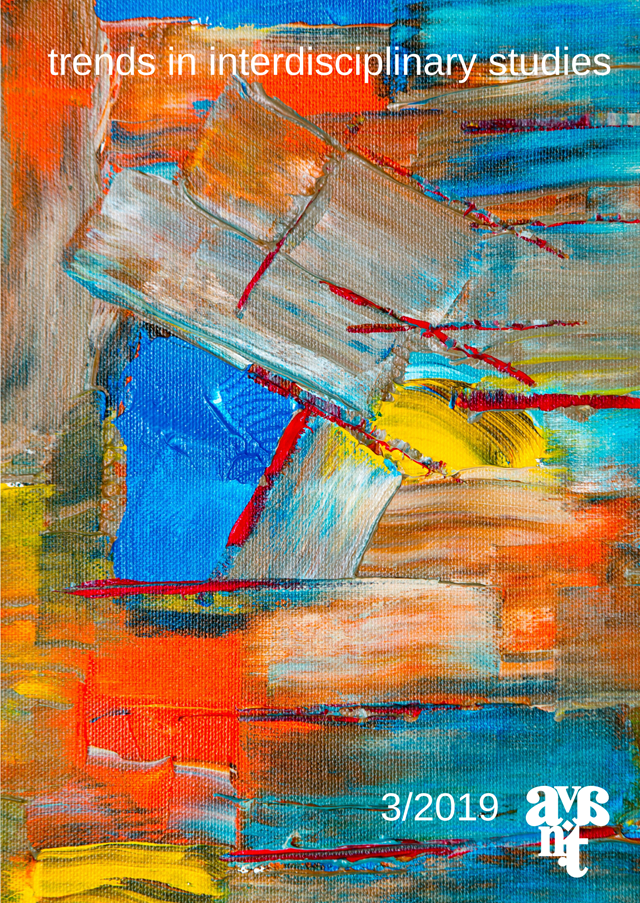Unsupervised Learning and the Natural Origins of Content
Unsupervised Learning and the Natural Origins of Content
Author(s): Tomasz KorbakSubject(s): Philosophy of Mind
Published by: Ośrodek Badań Filozoficznych
Keywords: hard problem of content; radical enactivism; predictive processing; neural language models; deep learning; bootstrap hell; semantic information;
Summary/Abstract: In this paper, I evaluate the prospects and limitations of radical enactivism as recently developed by Hutto and Myin (henceforth, “H&M”) (2013, 2017). According to radical enactivism, cognition does not essentially involve content and admits explanations on a semantic level only as far as cognition is scaffolded with social and linguistic practices. I investigate their claims, focusing on H&M’s criticism of the predictive processing account of cognition (dubbed the bootstrap hell argument) and their own account of the emergence of content (the natural origins of content). I argue that H&M fail on two fronts: unsupervised learning can arrive at contentful representations and H&M’s account of the emergence of content assumes an equivalent bootstrapping. My case is illustrated with Skyrms’ evolutionary game-theoretic account of the emergence of content and recent deep learning research on neural language models. These arguments cast a shadow of doubt on whether radical enactivism is philosophically interesting or empirically plausible.
Journal: AVANT. Pismo Awangardy Filozoficzno-Naukowej
- Issue Year: 2019
- Issue No: 3
- Page Range: 1-14
- Page Count: 14
- Language: English

